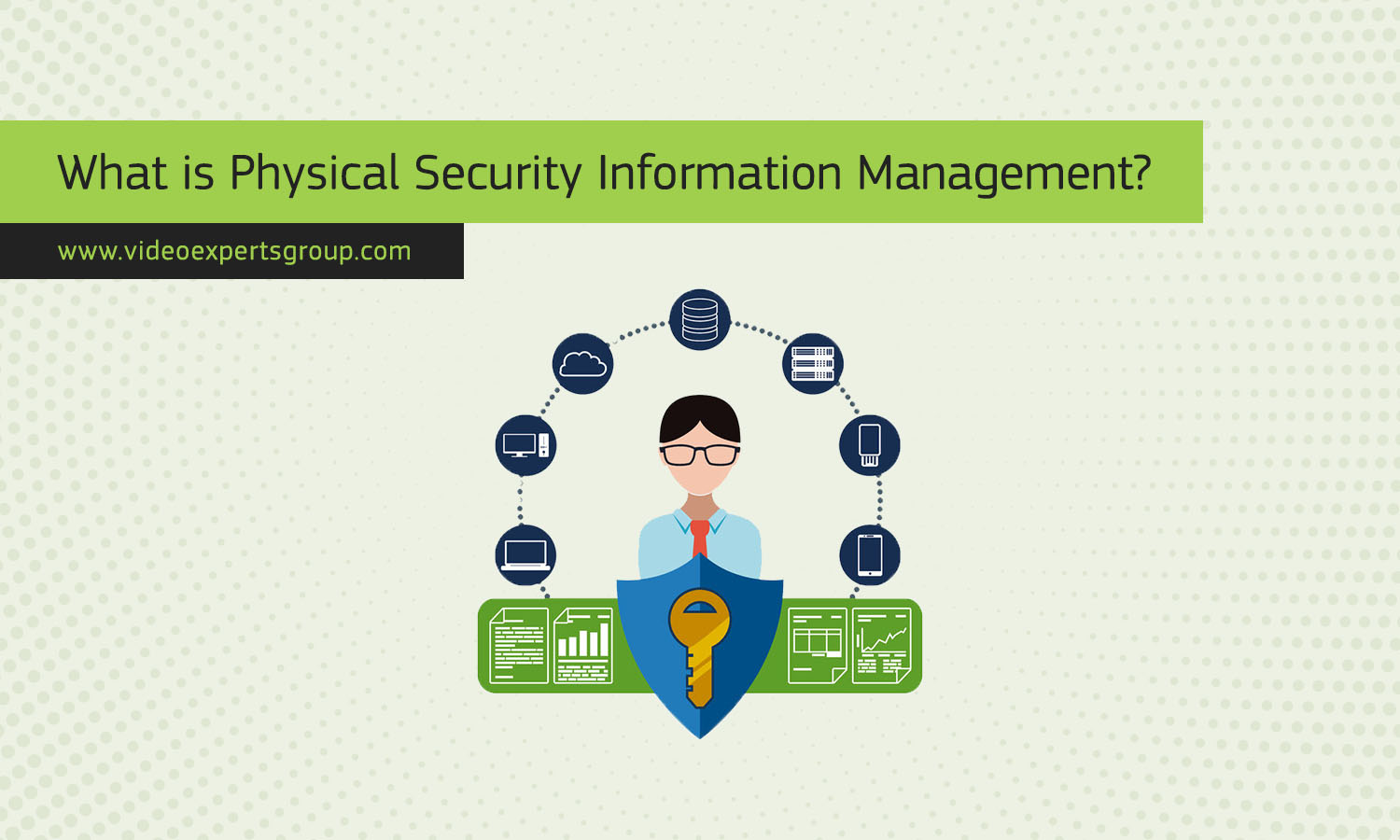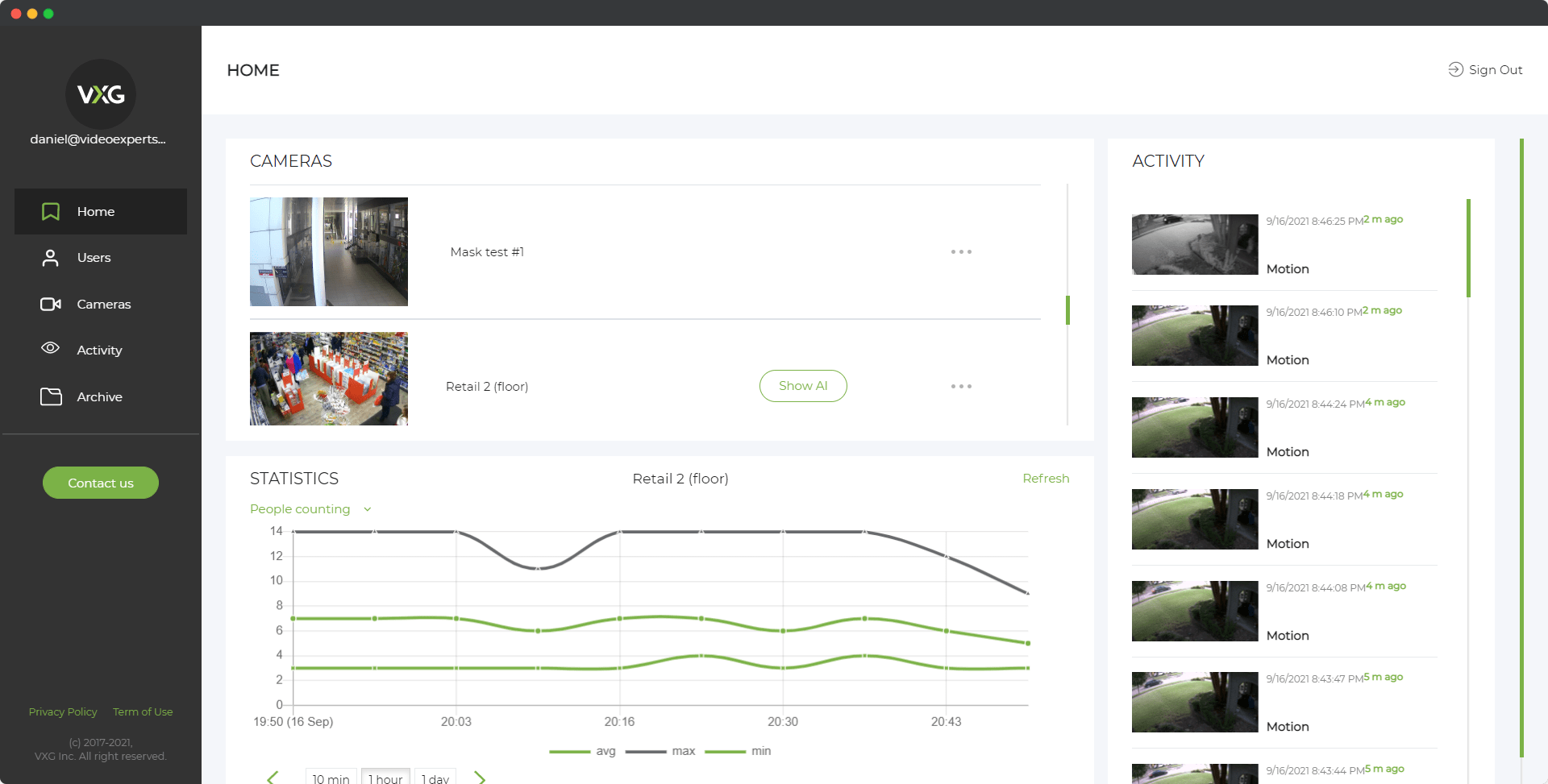Physical Security Information Management (PSIM) plays a crucial role in modern security strategies by unifying and optimizing various security systems. As technology continues to evolve, the capabilities of PSIM are likely to expand, providing organizations with increasingly sophisticated tools to enhance their physical security.
PSIM Meaning
Physical Security Information Management, commonly known as PSIM, refers to a technology that integrates and manages security systems and information in a physical environment. The primary goal of PSIM is to enhance overall security by providing a centralized platform for monitoring, analyzing, and responding to security events in real-time.
PSIM systems act as a bridge, connecting various security devices and systems, such as video surveillance, access control, intrusion detection, and fire alarms. By unifying these disparate components, PSIM enables security personnel to have a comprehensive view of the entire security infrastructure, facilitating more effective decision-making and response.
PSIM Software Vendors
Several software vendors offer PSIM solutions, each with its own set of features and pricing structures. Here's an overview of some prominent PSIM software vendors:
1. Genetec Security Center:
- Genetec Security Center is a widely used PSIM solution known for its scalability and flexibility.
- Pricing varies based on the size and complexity of the deployment, making it suitable for both small businesses and large enterprises.
2. CNL Software - IPSecurityCenter:
- CNL Software's IPSecurityCenter is a comprehensive PSIM platform with advanced analytics capabilities.
- Pricing models may include licensing fees based on the number of users, devices, or sites.
3. Vidsys Converged Security and Information Management (CSIM):
- Vidsys CSIM is designed to integrate and analyze data from various security devices for a unified security picture.
- Pricing structures may include software licensing fees and additional costs for customization.
It's important to note that pricing can vary significantly based on factors such as the size of the organization, the number of integrated systems, and the level of customization required.
PSIM Capabilities
1. Unified Command and Control:
PSIM provides a single platform for monitoring and managing diverse security systems, reducing the complexity of handling multiple interfaces.
2. Situation Awareness:
By consolidating data from various sources, PSIM enhances situational awareness, enabling security personnel to make informed decisions promptly.
3. Automated Incident Response:
PSIM can automate responses to predefined security scenarios, improving response times and reducing the risk of human error.
4. Integration of Security Systems:
PSIM seamlessly integrates different security technologies, such as CCTV cameras, access control systems, and alarms, creating a cohesive security infrastructure.
5. Data Analysis and Reporting:
PSIM systems analyze data generated by security devices, offering valuable insights through reports and analytics that can be used for continuous improvement of security measures.
















